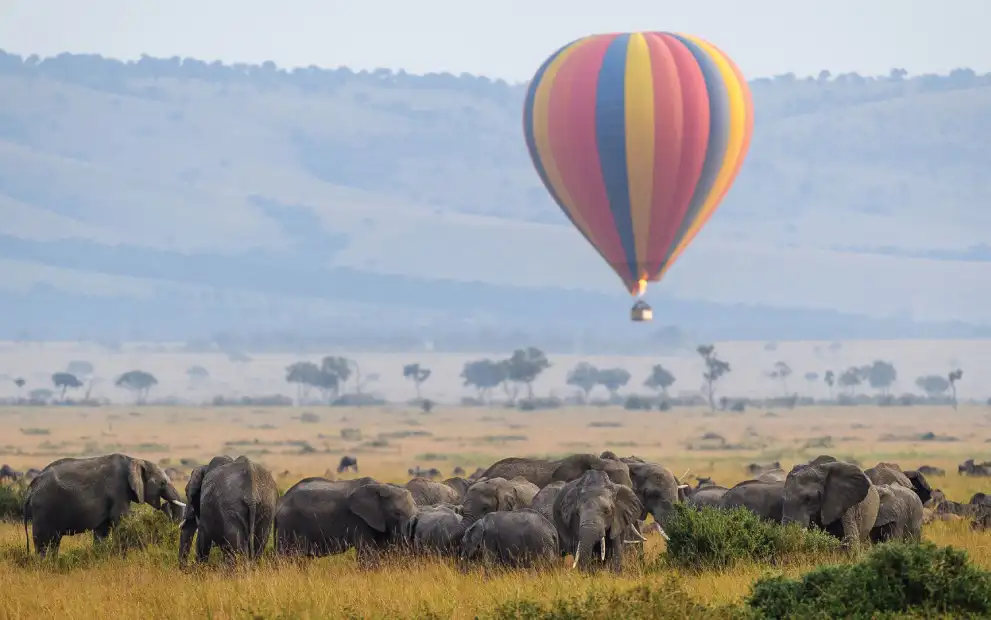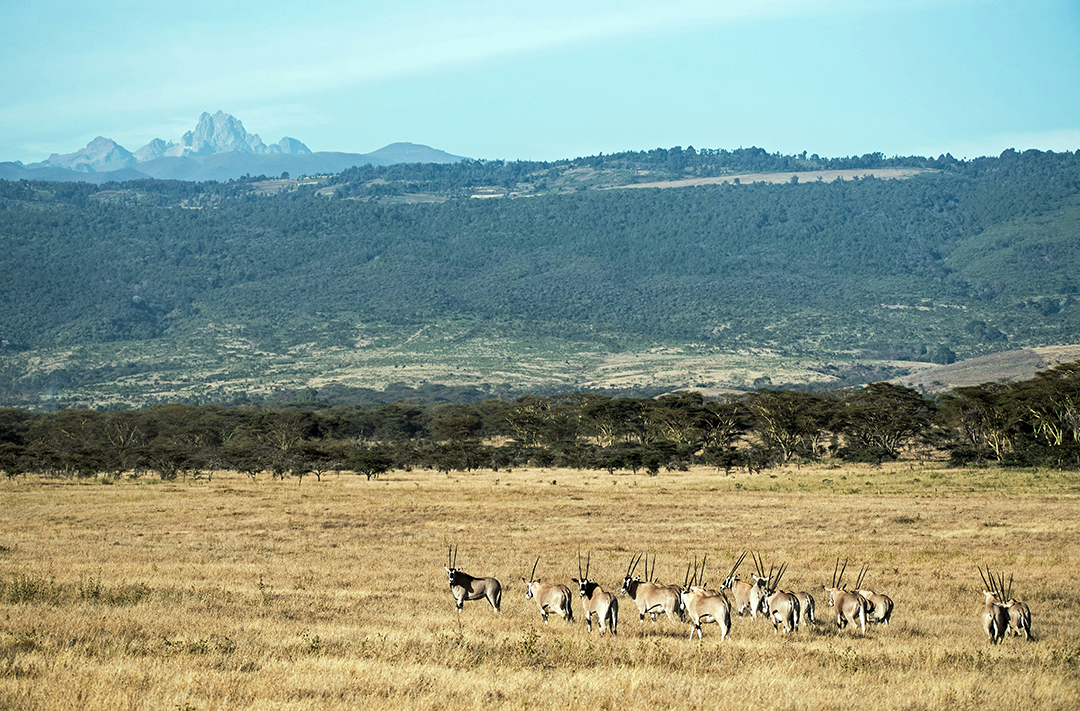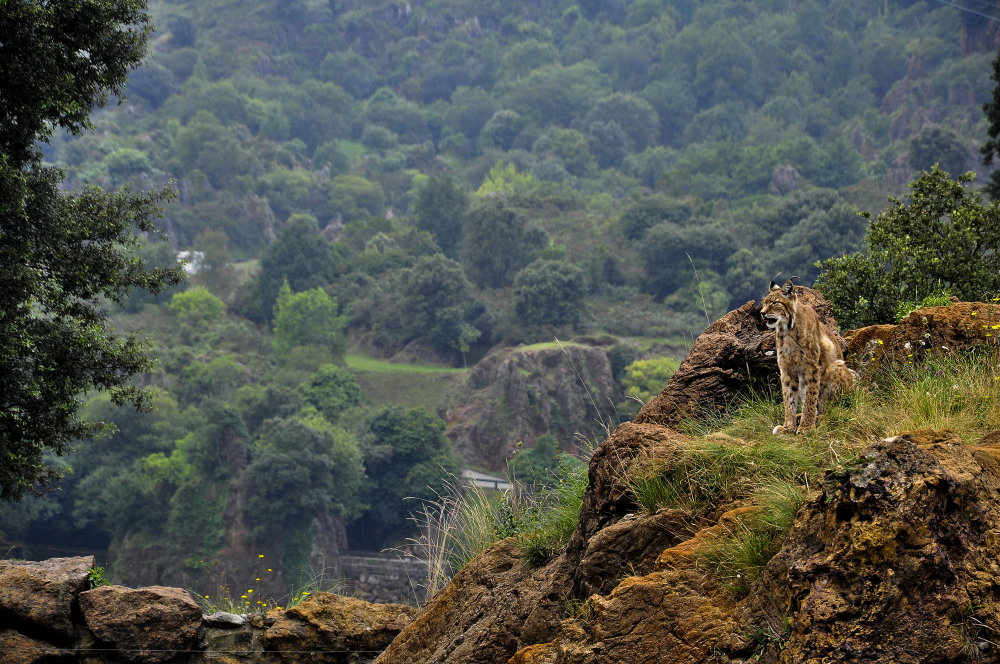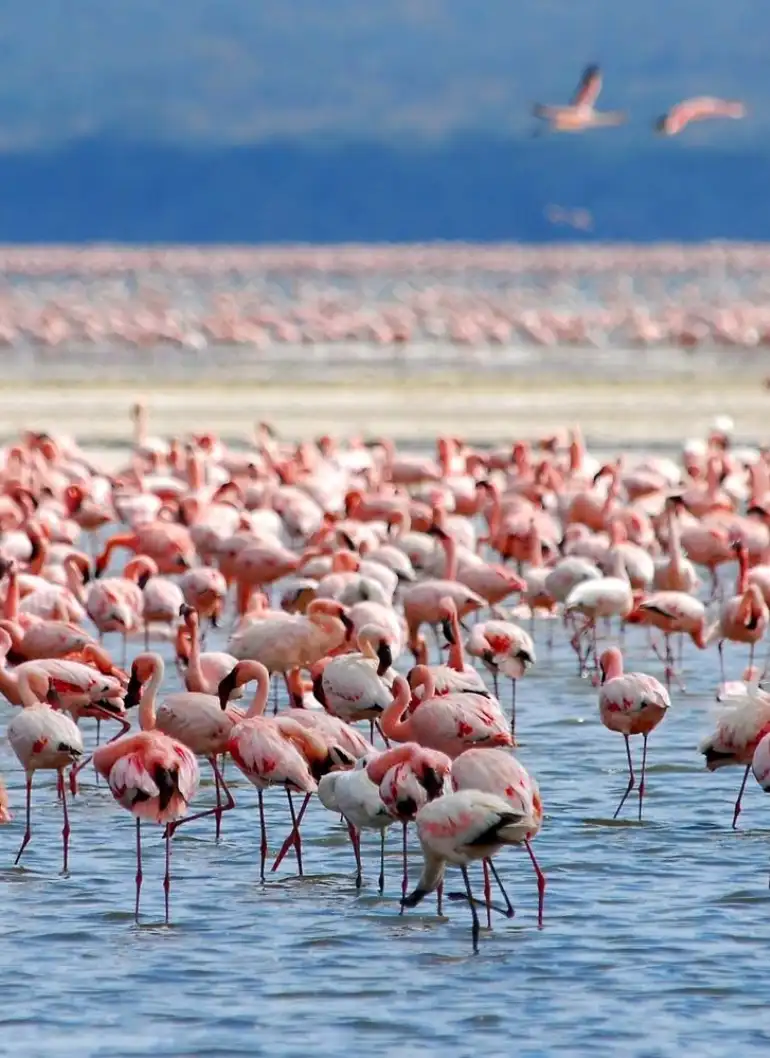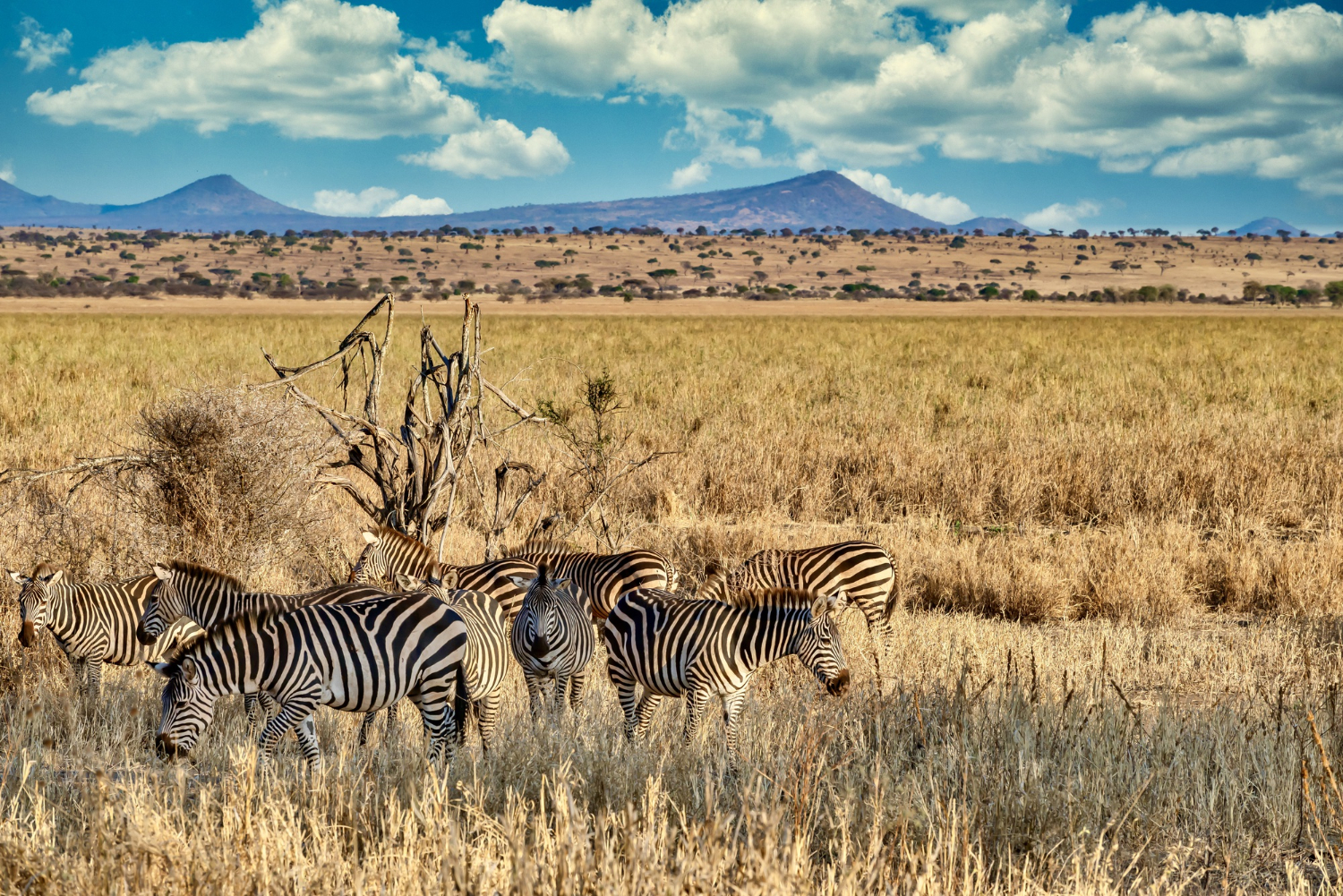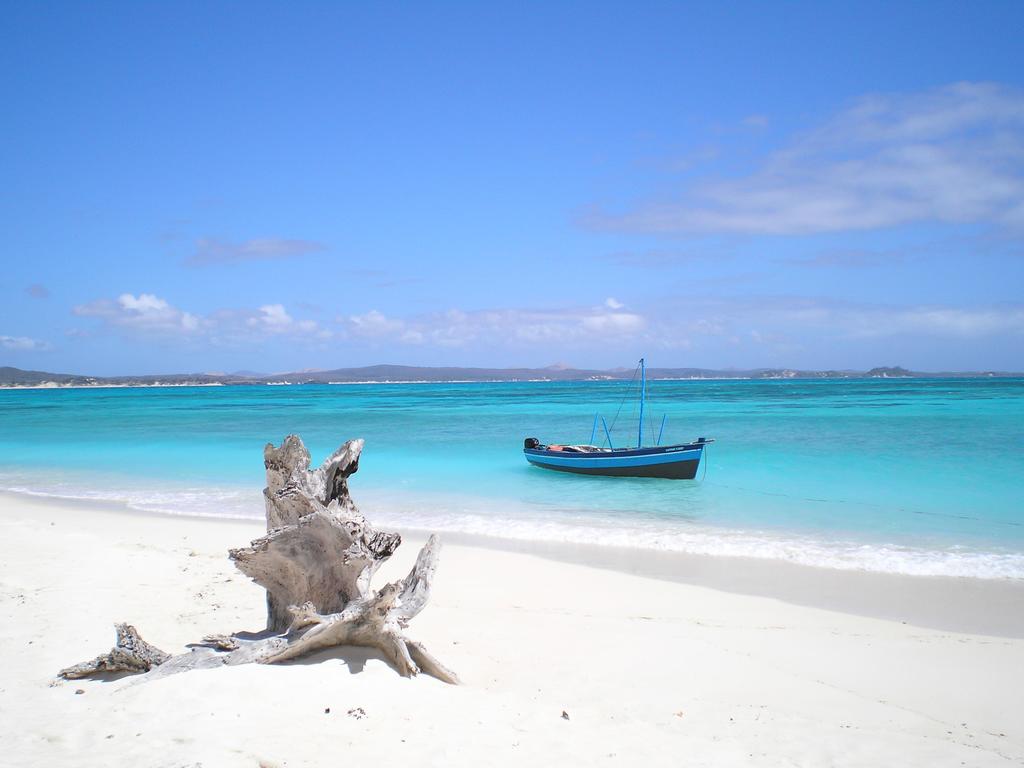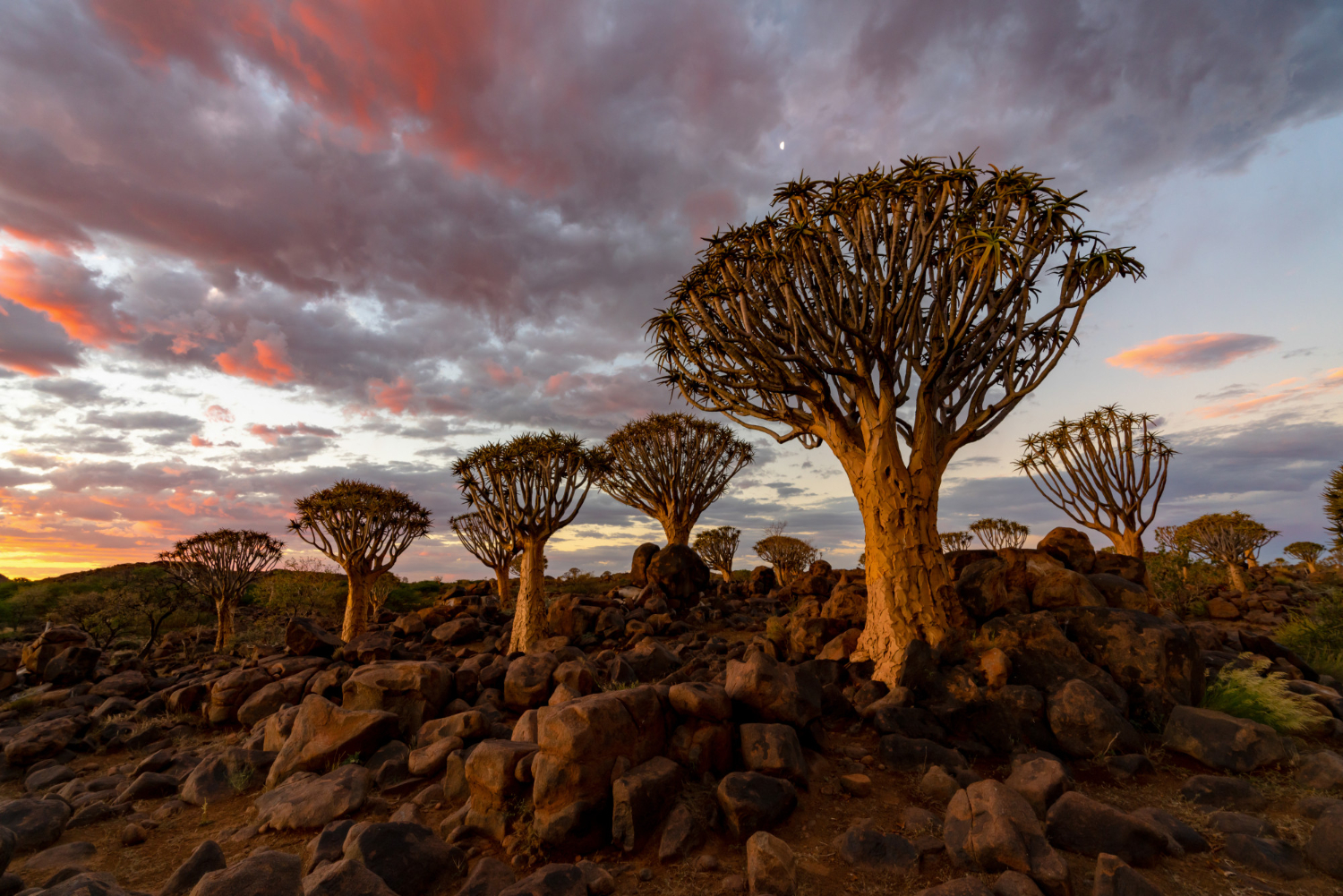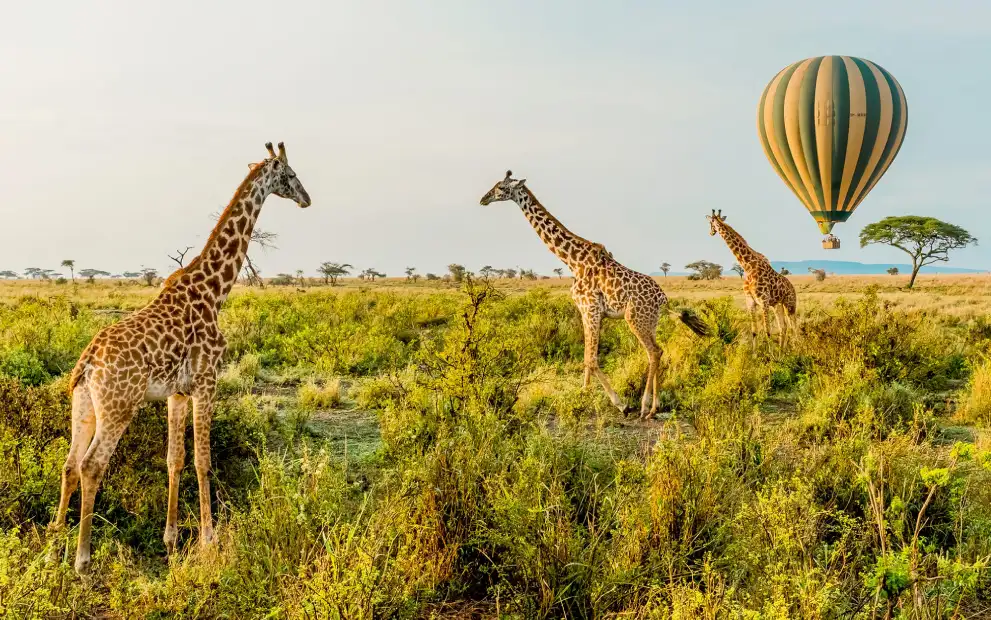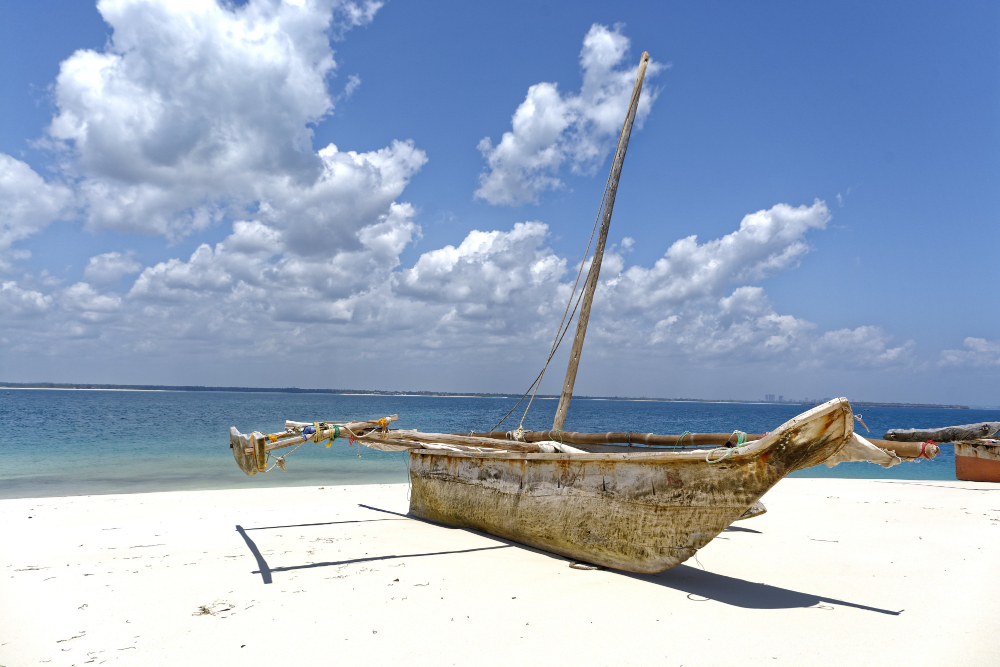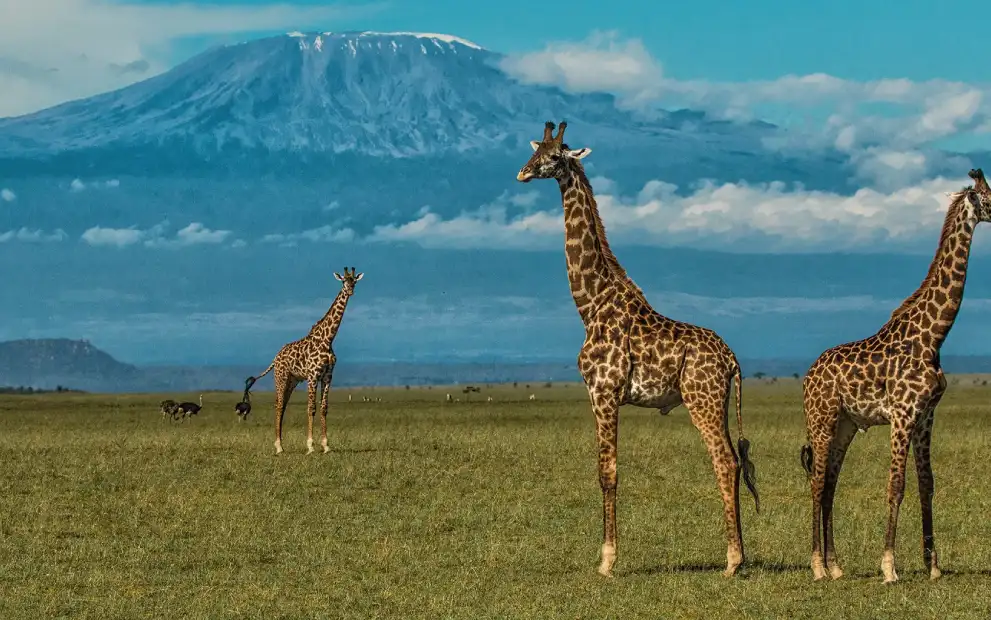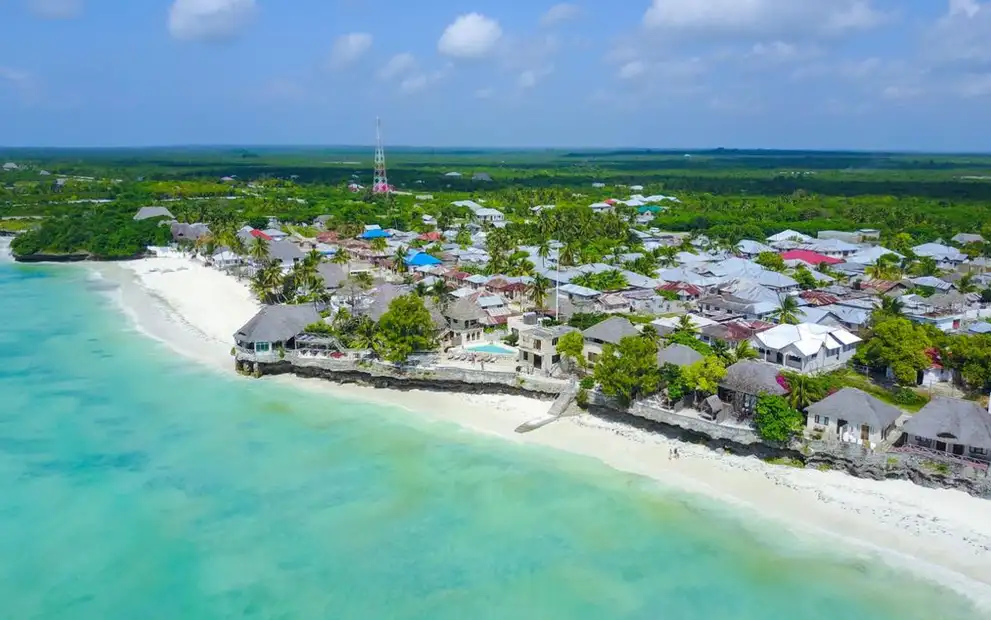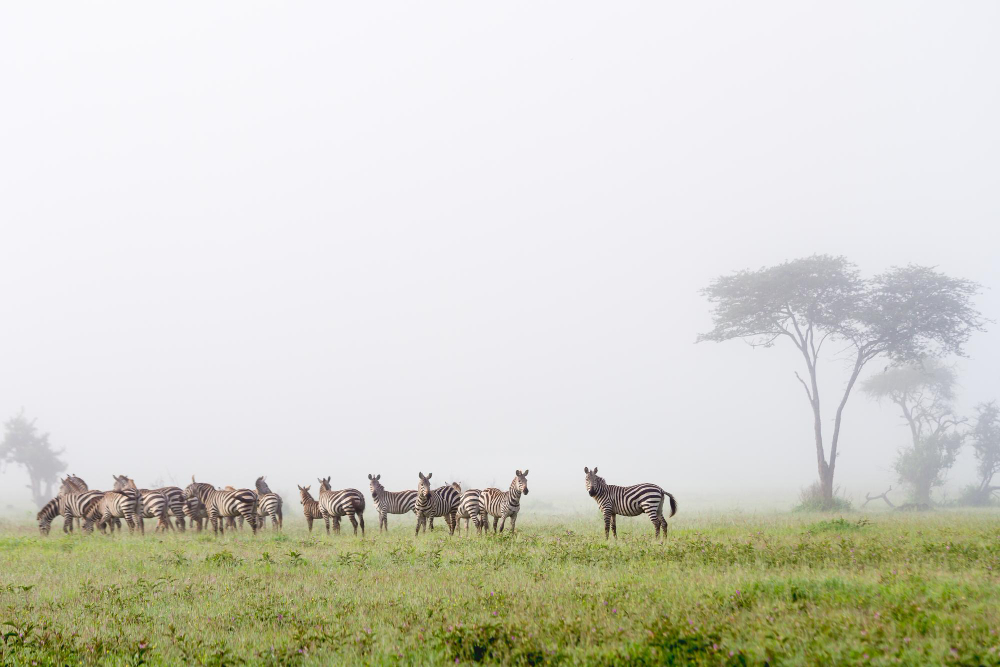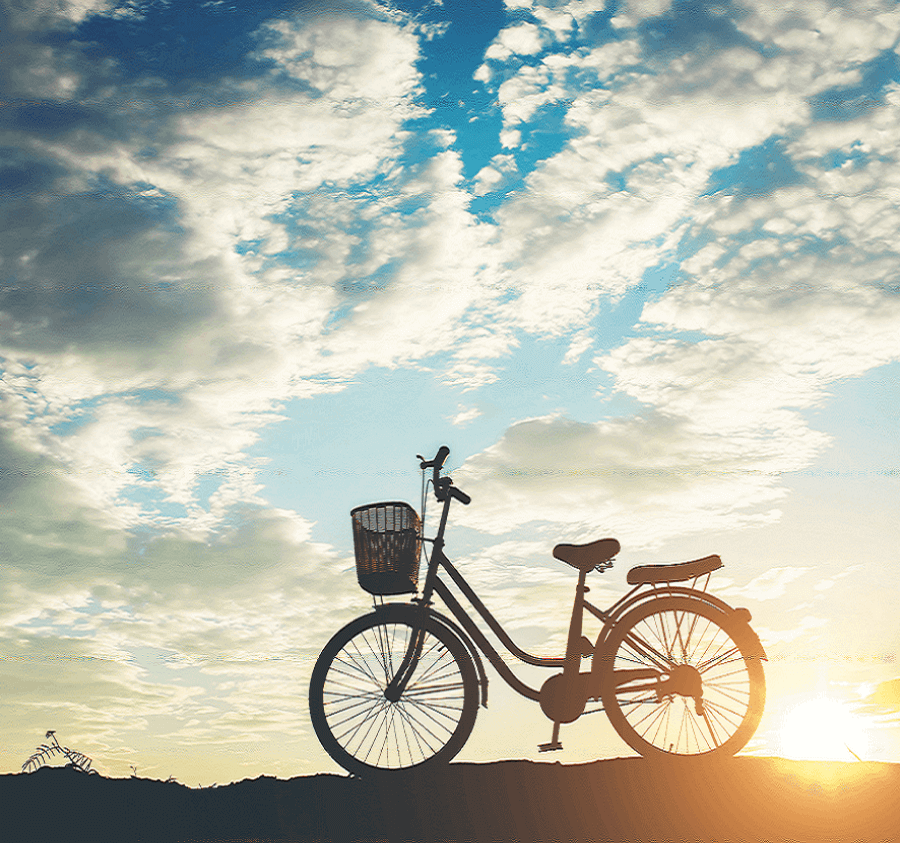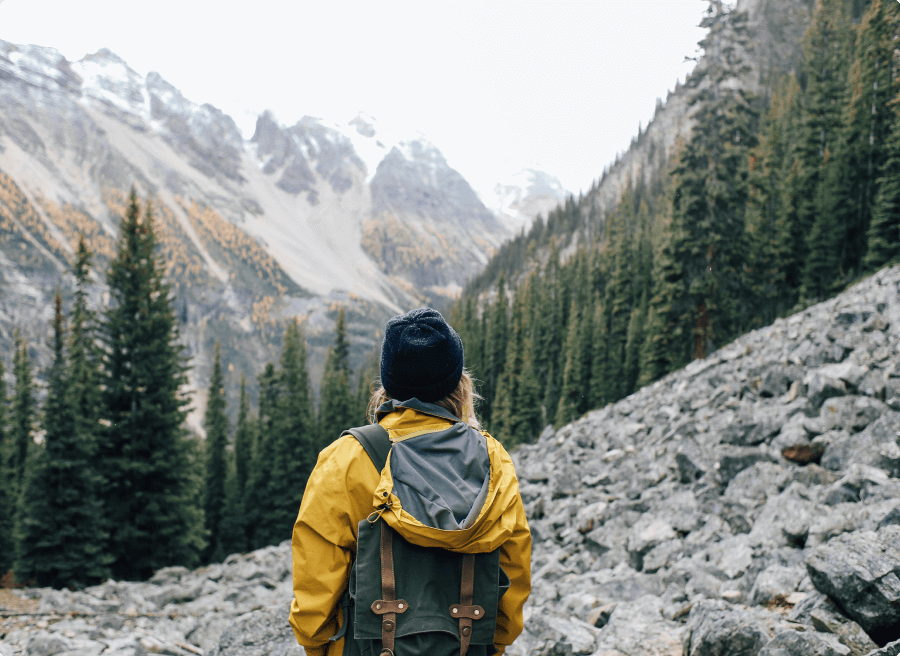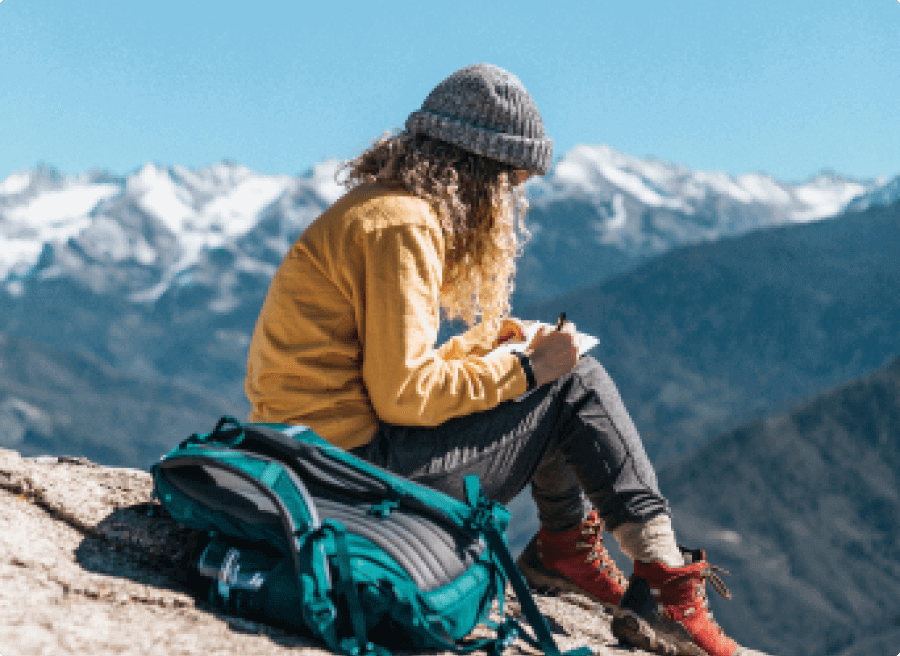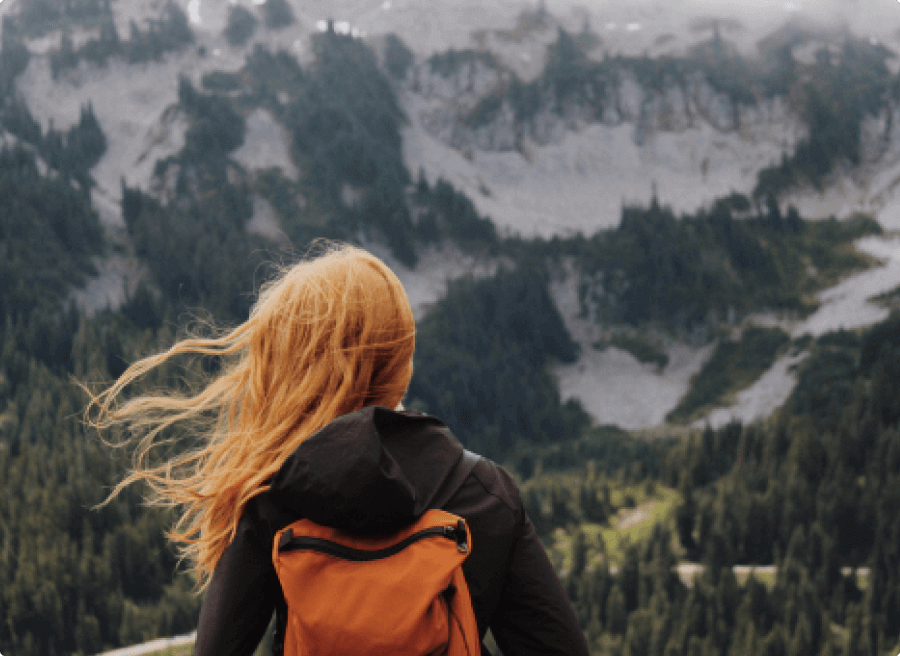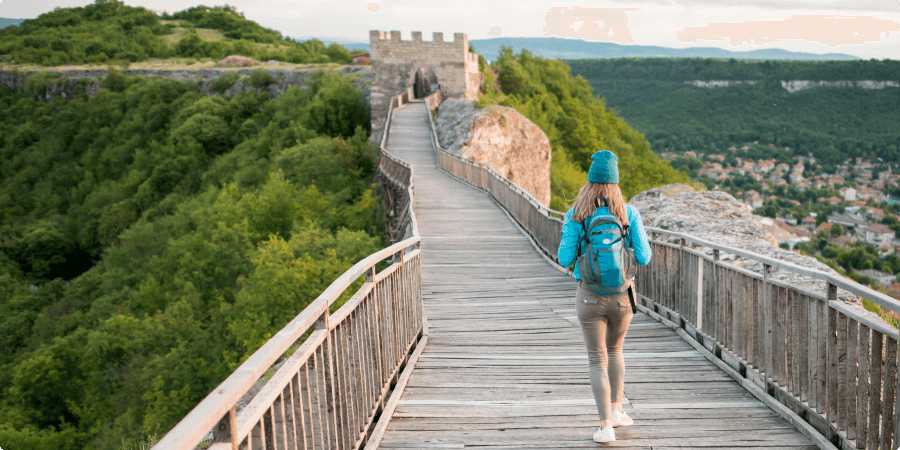Introduction
Planning a safari in Kenya or Tanzania? The timing of your trip can make a huge difference in what you see, how much you spend, and your overall experience.
Some travelers prefer the peak season for its guaranteed wildlife sightings, while others love the off-peak season for its quiet, budget-friendly charm. So, which season should you choose?
This guide breaks down the pros and cons of peak and off-peak safari seasons, including costs, crowds, weather, and wildlife activity—so you can pick the best time for your African adventure.
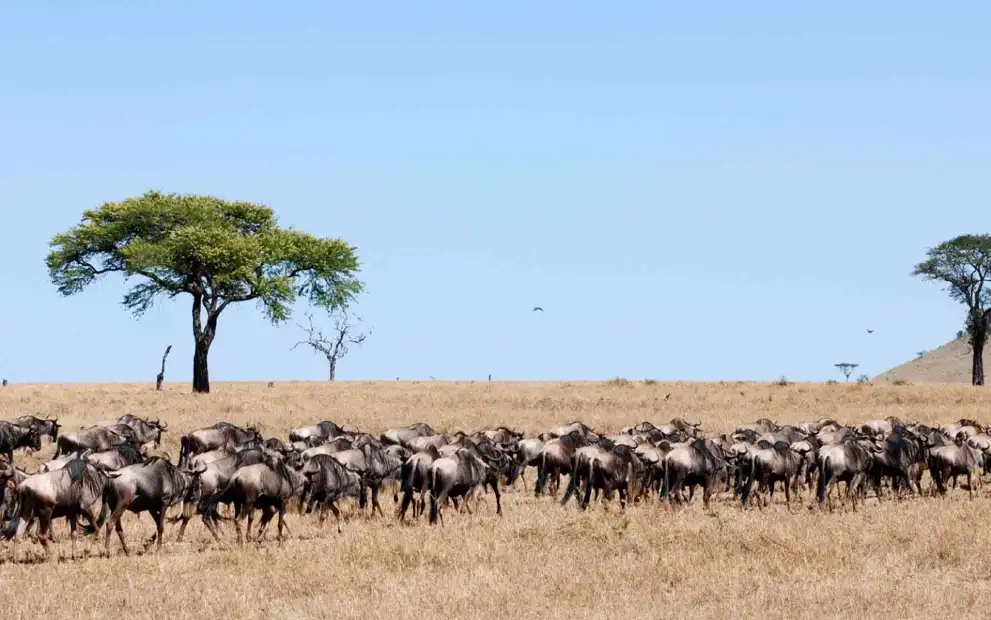
Understanding Safari Seasons in East Africa
Kenya and Tanzania have two main seasons:
Peak Safari Season (June–October & December–February)
- Weather: Dry season with little to no rain.
- Wildlife: Animals gather near water sources, making them easy to spot.
- Tourist Activity: High demand for safaris, lodges, and camps.
Off-Peak Safari Season (March–May & November)
- Weather: Short and long rainy seasons.
- Wildlife: Animals spread out due to water availability, but lush scenery.
- Tourist Activity: Fewer travelers, lower prices, and peaceful game drives.
👉 Industry Stat #1: The Maasai Mara National Reserve receives 40% more visitors in July–October than in March–May due to the Great Migration. (Source: Kenya Tourism Board)
Now, let’s break down the advantages and disadvantages of each season.
Peak Safari Season: The Best Wildlife Sightings & Clear Weather
Pros of a Peak Season Safari
✅ Incredible Wildlife Viewing
- Dry conditions push animals toward rivers and waterholes, making game spotting easy.
- The Great Migration happens in July–October, with over 1.5 million wildebeest crossing the Serengeti-Mara ecosystem.
✅ Ideal Weather for Game Drives
- June–October: Cool, dry conditions make safaris comfortable.
- December–February: Warm temperatures, perfect for photography.
✅ Perfect for First-Time Safari-Goers
- Less vegetation means fewer hiding spots for wildlife.
- Expert guides can predict animal movements more easily.
✅ Best Conditions for Photography
- Clear skies and golden lighting make for stunning wildlife shots.
- Fewer insects mean less interference during sunrise and sunset photography.
👉 Industry Stat #2: Wildlife sightings in peak season are 30% higher compared to off-peak, as animals concentrate around water sources. (Source: Tanzania Safari Association)
Cons of a Peak Season Safari
❌ Higher Costs
- Safari prices can increase by up to 50% due to high demand.
- Luxury lodges and camps get fully booked months in advance.
❌ Crowded National Parks
- Popular reserves like Maasai Mara and Serengeti can have multiple vehicles at key wildlife sightings.
- Private conservancies offer exclusivity but at a higher cost.
❌ Limited Availability
- Booking last-minute during peak season is tough.
- Flights, lodges, and even park entry fees can be more expensive.
👉 Industry Stat #3: Safari lodges in peak season operate at 90% capacity, compared to just 50% in off-peak months. (Source: Kenya Wildlife Service)
Off-Peak Safari Season: Affordable, Lush & Quiet
Pros of an Off-Peak Season Safari
✅ Lower Safari Costs
- Discounts of 20–40% on accommodation, park fees, and flights.
- Some luxury lodges offer upgrades for the same price as mid-range stays.
✅ Fewer Crowds & Private Safari Feel
- Less tourist traffic means more intimate game drives.
- You can spend more time at sightings without other vehicles around.
✅ Stunning Green Landscapes
- Rain transforms the savannah into lush, photogenic scenery.
- Best time for birdwatching, with migratory species arriving in East Africa.
✅ The Calving Season (January–March)
- Thousands of baby wildebeest are born, attracting predators like lions and cheetahs.
- A dramatic time for witnessing nature’s raw survival battles.
👉 Industry Stat #4: Predators’ hunting success rate increases by 50% during the calving season due to the abundance of vulnerable prey. (Source: African Wildlife Foundation)
Cons of an Off-Peak Season Safari

❌ Rain Can Disrupt Plans
- March–May (long rains): Some dirt roads become muddy and difficult to navigate.
- November (short rains): Less disruptive but can still affect visibility.
❌ Wildlife is More Dispersed
- With water everywhere, animals don’t need to gather at specific locations.
- Spotting big game can take longer compared to peak season.
❌ Some Lodges & Camps Close
- Some seasonal camps in Maasai Mara and Serengeti shut down during heavy rains.
- Limited options in more remote areas.
👉 Industry Stat #5: Rainy season safaris cost 35% less than peak season trips, making them ideal for budget travelers. (Source: SafariBookings.com)
Which Safari Season is Best for You?
| Traveler Type | Recommended Season |
|---|---|
| First-Time Safari-Goers | Peak Season (June–October) for guaranteed sightings. |
| Budget Travelers | Off-Peak Season (March–May, November) for lower prices. |
| Photographers | Peak Season for wildlife action, Off-Peak for lush landscapes. |
| Birdwatchers | Off-Peak Season for migratory bird species. |
| Adventure Seekers | Off-Peak Season for fewer crowds and a unique experience. |
Expert Tips for Booking a Safari in Any Season
✔ Book in advance for peak season to secure the best lodges and rates.
✔ Consider shoulder seasons (June & November) for a balance of cost and wildlife activity.
✔ Pick the right park—some regions remain great year-round.
✔ Pack smart—rain gear for off-peak, light clothing for peak season.
Conclusion: Book Your Safari with Transtravel Safaris
Whether you choose peak season for top wildlife sightings or off-peak season for affordability and tranquility, Kenya and Tanzania offer incredible safari experiences all year round.
At Transtravel Safaris, we customize trips based on your preferences, budget, and travel dates to ensure you get the most out of your adventure.
🌍 Start planning today! Browse our top safari packages here:
👉 Transtravel Safari Packages
📩 Contact us for a personalized itinerary and expert advice!
